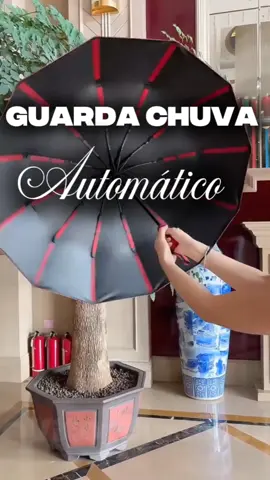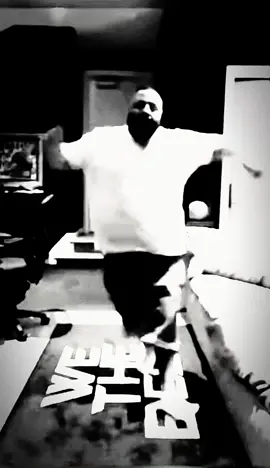มิ้งบ้านไกล
Region: TH
Sunday 21 September 2025 12:54:50 GMT
573
27
4
4
Music
Download
Comments
CallmeHart :
how cute how much
2025-09-22 02:48:30
0
🌸 พี่จุ๋ม Patnitcha🌷🌿 :
wow👍🏾👍🏾👍🏾
2025-09-23 10:46:14
0
boatbtips :
แงอยากให้พี่รีวิว ว่าใส่ได้ประมาณกี่ชุดงับ
2025-10-06 12:27:21
0
To see more videos from user @minkularnwong, please go to the Tikwm
homepage.





